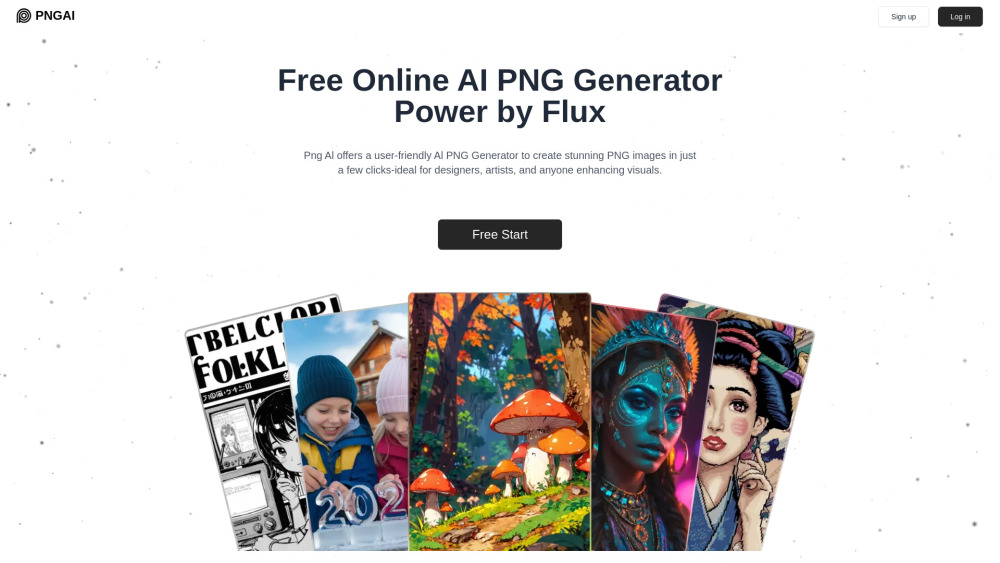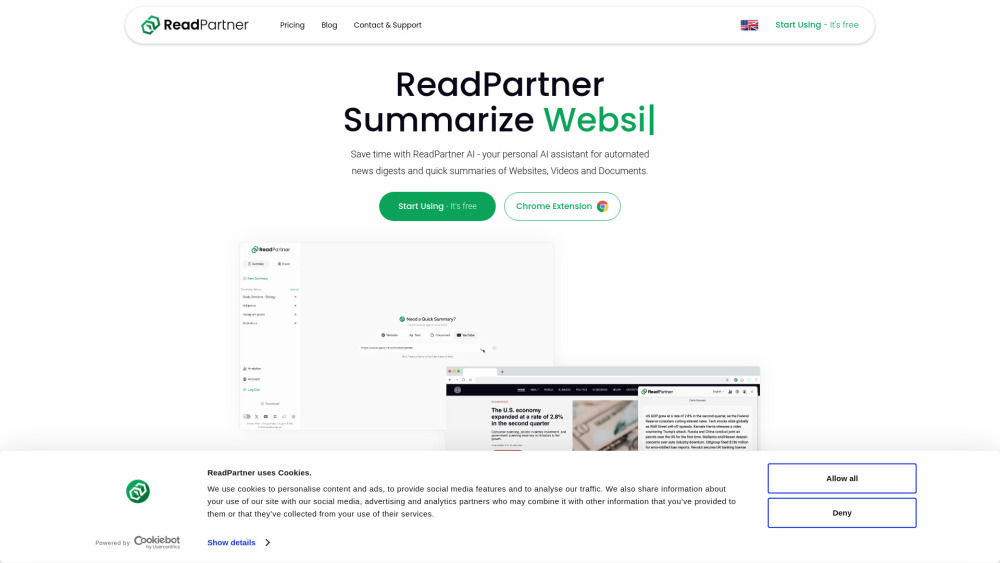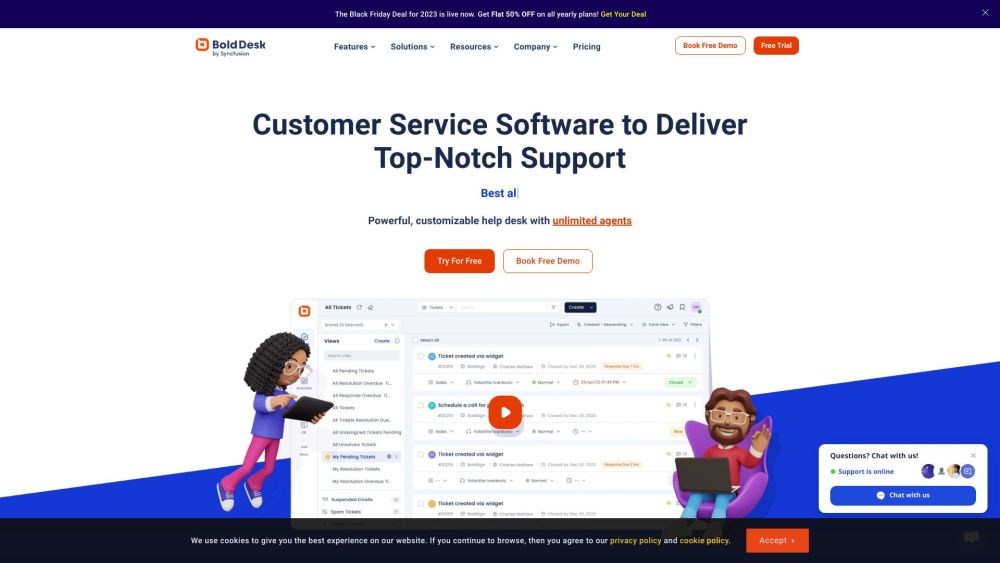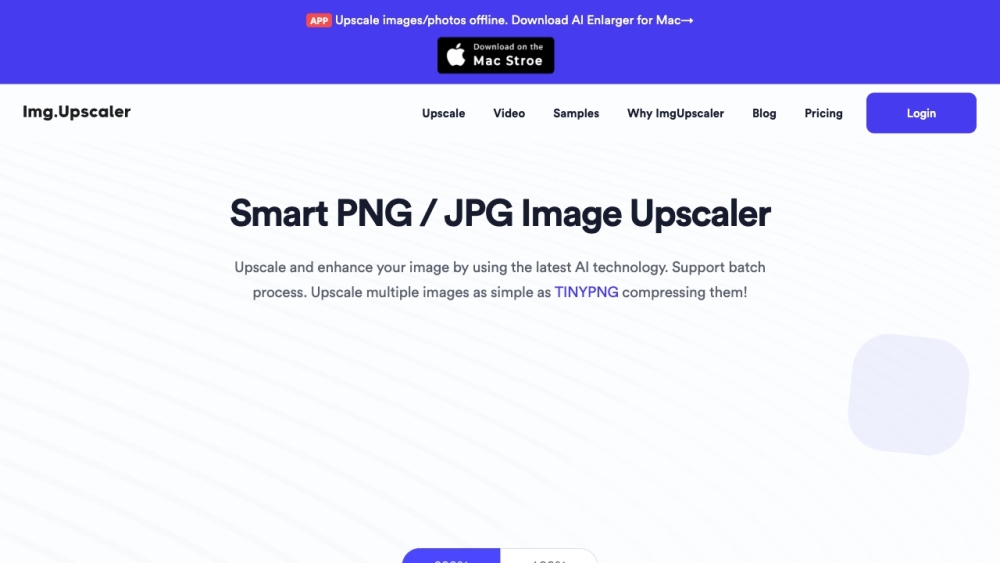On June 24, the Recording Industry Association of America (RIAA) filed a lawsuit against leading AI music production companies Suno and Udio, alleging significant copyright infringement. Major record labels, such as Universal Music Group, Sony Music Entertainment, and Warner Records, claim these companies unlawfully used vast amounts of copyrighted music to train their AI models without permission, infringing on the rights of artists across numerous genres and eras.
The RIAA's lawsuit raises critical questions about the evolving intersection of technology and copyright, similar to the challenges faced by OpenAI. Many wonder: Do AI companies have the right to freely access creative works to develop profitable products, claiming fair use in the process? "This is a vital issue that impacts various industries," says Paul Fakler, a partner specializing in intellectual property law.
Why the Music Industry is Targeting Udio and Suno
Suno, an AI startup from Cambridge, Massachusetts, specializes in music generation software. Often dubbed the "ChatGPT of music," it can produce broadcast-quality music from simple text prompts, making it accessible to those without musical backgrounds. The Suno team combines machine learning expertise with advances from OpenAI’s ChatGPT to create music and lyrics.
Udio, a newer competitor, has garnered substantial investment from tech industry leaders and music artists, including Will.i.am and Common. Comedian King Willonius utilized Udio’s platform to launch the popular diss track "BBL Drizzy," which gained traction after being remixed by producer Metro Boomin.
Ken Doroshow, RIAA's Chief Legal Officer, emphasized in a press release that "these are clear copyright infringement cases involving large-scale unauthorized reproductions of recordings." He criticized Suno and Udio for attempting to obscure their infringements instead of establishing a legitimate foundation for their services. The RIAA asserts that this lawsuit aims to preserve copyright and foster human creativity, although a significant financial motive may underlie their actions.
The RIAA argues that generative AI threatens the business models of record labels. They claim that instead of licensing copyrighted recordings, potential licensees might generate similar AI recordings at minimal costs. This could result in a market inundated with "imitators" and "sound-alikes," ultimately disrupting traditional sample licensing.
The Legal Debate on Fair Use
While AI-generated music is unlikely to fully replace human artistry, concerns loom over AI's impact on creators' ability to monetize their work. The RIAA seeks $150,000 in damages per infringement, which could result in staggering sums given the extensive datasets used to train AI systems.
Is AI's use of copyrighted music defensible under fair use? Fair use allows for the use of copyrighted material when creating significant new works. The RIAA highlighted instances where outputs from Suno and Udio closely mirrored the labels' songs. Notably, Suno's "Deep down in Louisiana close to New Orle" echoed Chuck Berry's "Johnny B. Goode," while another track, "Prancing Queen," produced by a prompt for "70s pop music," contained lyrics reminiscent of ABBA’s "Dancing Queen." Although the RIAA does not claim these tracks infringe copyright, they maintain that the AI companies illegally included copyrighted works in their training datasets.
Lawsuits against Suno and Udio were filed in federal courts in Boston and New York. Suno's CEO, Mikey Shulman, stated that the company’s technology is "transformational," focusing on generating new outputs rather than replicating existing content. He emphasized that users cannot create music based on specific artists.
The RIAA argues that Suno has failed to address allegations of using copyrighted works, labeling its training data as "confidential business information." Udio has made similar assertions. The lawsuit claims that if Suno had made efforts to exclude the plaintiffs' recordings from its input, its service would not be capable of producing its claimed breadth of musical expression.
The Future of AI and Music Rights
Are Udio and Suno being unfairly targeted? The RIAA contends these startups cannot claim fair use, arguing their outputs aim to substitute authentic recordings for commercial purposes, presenting a significant threat to record labels. However, legal expert Fakler believes that the startups might establish a solid fair use defense as long as they are only temporarily copying copyrighted works, abstracting their defining traits into the AI model’s framework. "Computers need to create these copies and analyze data to extract non-copyrighted elements," he notes.
The outcome of these lawsuits will likely depend on several factors, including the specific tracks claimed to be misappropriated and how they entered the training datasets. The details of the training process may significantly influence the fair use defense.
This lawsuit represents another key moment in the ongoing conflict between the music industry and AI companies. As these legal battles unfold, both music and visual content may face increased scrutiny, potentially reshaping the landscape of AI in creative fields. The fair use debate remains a central theme in these cases and within the broader AI sector.
In a recent development, reports indicate that YouTube is actively negotiating with record labels to secure music rights for AI training purposes. Reports suggest that YouTube has offered significant sums to major labels to gain permission for their music in AI systems. As artists and record labels initiate legal actions against AI music companies, Google appears to be adopting a "licensing-first" approach, seeking resolution in the ongoing licensing discussions.





